If Tories want a Thatcher it has to be Sunak
In the contest to lead Britain’s Conservatives, the former chancellor’s family background, financial rigour and political bravery make him the true heir.
It is testament to Margaret Thatcher’s legacy that who is or isn’t a Thatcherite is still a factor in a Tory leadership contest. At first glance, Liz Truss might have the greater claim. There are certain sartorial and stylistic similarities which seem designed to invite the comparison. Ms Truss says they are accidental. But on closer inspection, it is actually Rishi Sunak who is the more genuinely Thatcherite.
As Ms Truss said on Thursday, her upbringing was very different from that of Margaret Roberts. Her parents were left-wing academics, about as far from Alderman Roberts’s worldview as you could get. Mr Sunak’s was obviously different too by dint of time and place. But having known him well since he was a teenager, I can tell you his family embodies the “vigorous virtues” the Thatcherites sought to promote. They are hard-working, entrepreneurial and public-spirited. His mother set up her own chemist, serving her community as surely as the Roberts grocery.
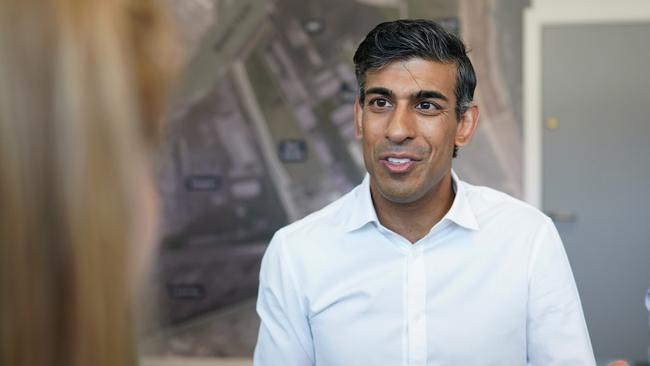
The chemist was the family business and helped shape Mr Sunak’s worldview. He delivered prescriptions and helped to do the books. One former Treasury minister recalls being surprised at how often Mr Sunak would mention it when discussing some policy issue.
This background, perhaps, explains why Mr Sunak believes so passionately that you can’t get something for nothing. His commitment to fiscal responsibility is the foundation of his political beliefs. It is why, when Boris Johnson wanted to save people from having to sell their home to pay their care costs, Mr Sunak was adamant such a policy would have to be paid for. He argued you could not create a new commitment for the state without funding it. Doing otherwise would be a dereliction of public duty. And if the Tories started promising things without any way of paying for them, he thought, they’d lose their ability to critique Labour’s plans.
The resulting rise in national insurance is regarded by the Truss camp as his greatest vulnerability. Her ministerial backers such as Jacob Rees-Mogg lambast Mr Sunak as a “socialist” because of it. A more flexible politician might have let Mr Johnson have his social care policy without requiring it to be paid for. That would certainly have made any leadership bid easier. But from the point of view of the country, it would have been the wrong call. Ms Truss makes much of the fact that she opposed the tax rise. But she opposed the funding mechanism, not the policy. Her idea was the spending would still go ahead; the state would step in so people did not have to sell their house to pay for care. But there would be no revenue stream to cover the cost. If the Tories start saying the state can take on new commitments with no method of paying for them, then they are playing a dangerous game. They will soon find themselves outbid by Labour.
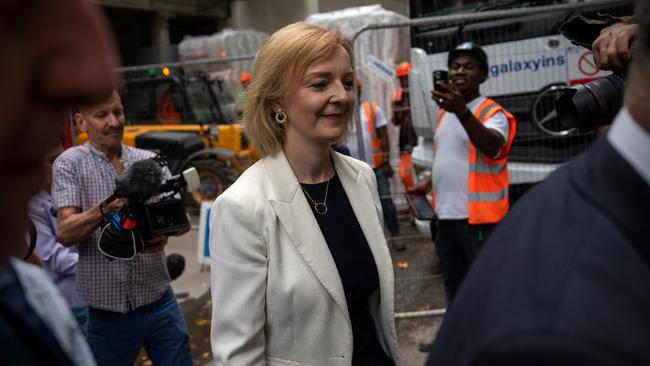
On the question now dividing the party – whether inflation or growth is the biggest problem – Mr Sunak takes the Thatcherite position that you have to control inflation before cutting taxes. (The 1981 budget, perhaps the most important of the Thatcher era, put up taxes and imposed a windfall tax on banks to try to grip inflation). Ms Truss, by contrast, takes the Reaganite view that cutting tax is the priority over controlling borrowing. Reaganism, though, benefited from the US having the global reserve currency, making big deficits less dangerous.
Mr Sunak’s commitment to principles can make him seem stubborn. But it has benefited him. In 2016, as a new backbencher, the safe choice would have been to back the prime minister, and Remain (then seen as overwhelmingly likely to win), keep his head down and swiftly reorientate, Truss-style, if the Brexiteers prevailed. But Mr Sunak believed the benefits of sovereignty, democratic control and flexibility in the fast-moving 21st-century economy were such that it was right that Britain left the EU.
Ironically, polling suggests Mr Sunak trails Ms Truss among Tory members who voted Leave. Some will argue he should try to close this gap by hammering the point of who was on which side in the referendum. But Mr Sunak would do better to show he knows how to make the most of Brexit and embed it so it becomes irreversible. The government’s freeports policy has its origins in a think tank paper he wrote shortly after the referendum. He has long believed Brexit offers opportunities on financial regulation, data and clinical trials. If the UK can take those, then Brexit will be that much more entrenched and less vulnerable to a change of government.
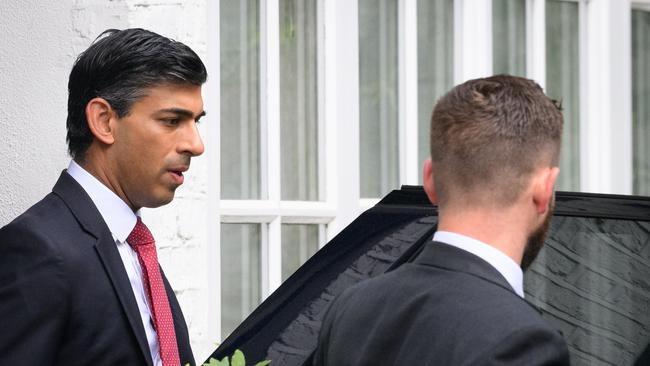
Both Mr Sunak and Ms Truss have been senior cabinet ministers. When a foreign secretary and a former chancellor run against each other, neither can lay exclusive claim to experience. Both have handled crises. But the slew of decisions which Mr Sunak had to face as a new chancellor during Covid were about as good a preparation for entering No.10 in an economic, energy and security crisis as there is.
Neither Mr Sunak nor Ms Truss advocates the nanny state. Neither would seek to micromanage our lives. Hopefully, neither will ever have to decide whether to introduce another lockdown. But Mr Sunak’s actions last December are revealing of his way of working. He was on government business in the US when he heard there was talk of more lockdowns and Christmas being cancelled again. He hunted down his own research: data from South Africa and projections showing that Omicron in Britain was manageable without lockdown. The ability and willingness to go into detail, to counter those arguing for a preventative lockdown, was what enabled Mr Sunak to make his case.
Ms Truss is one of Westminster’s more animated politicians. She is engaging, interested in new ideas and happy to challenge conventional wisdom. But given the severity of what the country faces, hard choices cannot be ignored. To argue that the UK can have tax cuts, no return to austerity and a massive increase in defence spending lacks the credibility and coherence that characterised Thatcher’s platform.
It may seem strange that the Tories hark back to a premier who became party leader before either candidate was born. But what Thatcher stood for was radicalism combined with seriousness about governing. A determination to carve a new place for Britain in the world and a willingness to confront hard choices, rather than wish them away. At the moment, one candidate is being far more Thatcherite in his approach to the challenges facing the country than the other.
– The Times

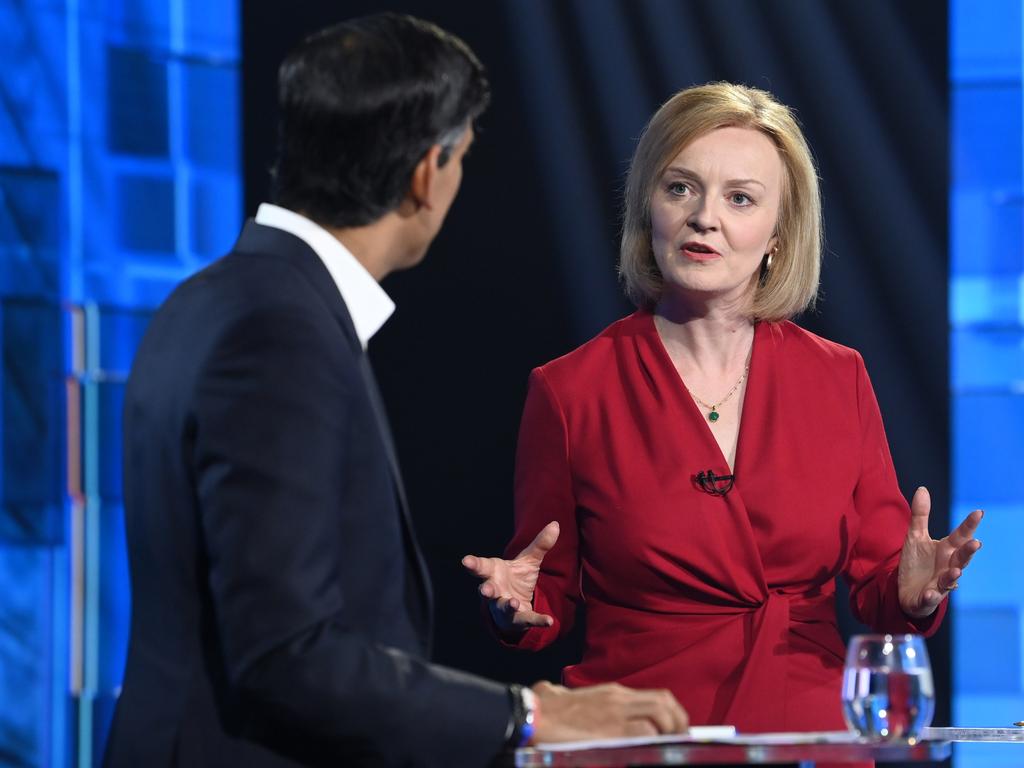
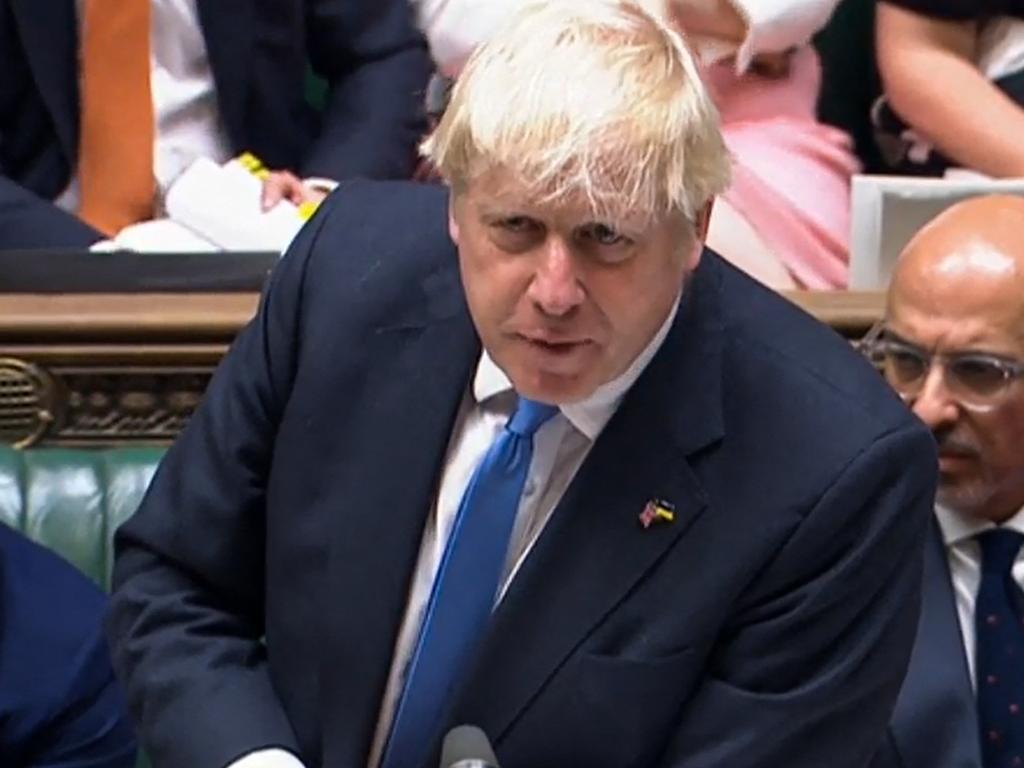


To join the conversation, please log in. Don't have an account? Register
Join the conversation, you are commenting as Logout